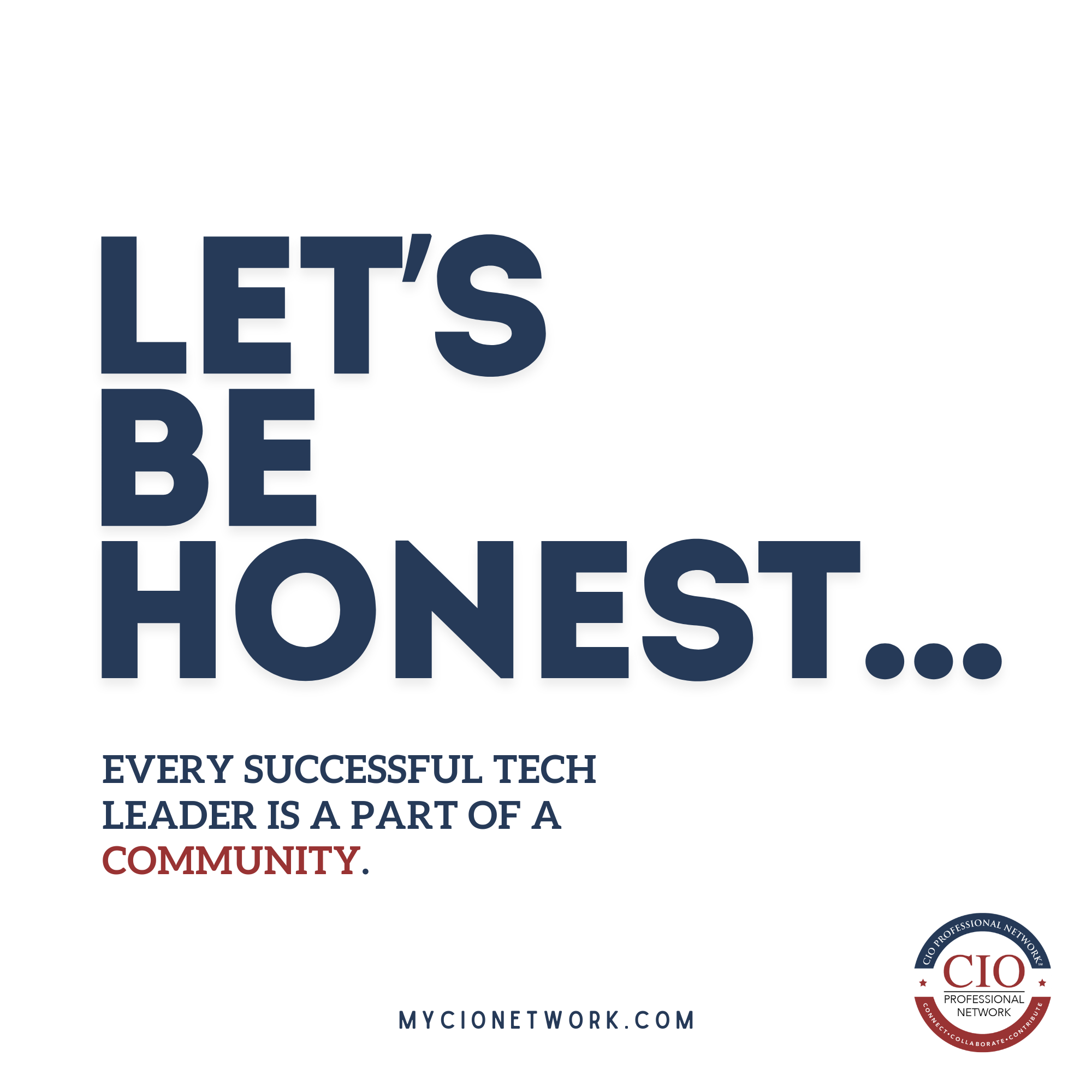Private equity (PE) firms are investment organizations that pool funds from institutional investors and high-net-worth individuals to invest in private companies. As these organizations have grown rapidly over the last several years, and their operations have become more complex, PE firms both large and small have begun to elevate the role of Chief Information Officer (CIO) across the enterprise.
Traditionally, technology leaders in private equity were hired for a specific portfolio organization. Their primary responsibility was to ensure that the technology infrastructure for the assigned company was secured, efficient, and aligned with business objectives. However, as the strategic importance of technology has grown across all industries, CIOs have become more involved in firm operations.
In some cases, they have even ascended to the role of operating partners, playing a pivotal part in the overall strategy of the firm.
Joe Gross, President of CIO Partners, a leading executive search firm for technology leadership talent shared, “The role of a private equity CIO/CTO/CDO continues to evolve at both the portfolio and firm level and it takes a very specific type of technology leader to thrive in this space.”
To understand the evolving role of the CIO in private equity firms, it’s important to explore several key areas where their expertise is making a significant impact.
Strategic Planning
The CIO plays a crucial role in developing the firm’s technology strategy. This includes identifying the technologies needed to support business goals and objectives. To achieve this, the CIO must stay informed of the latest technology trends and assess their potential impact on the firm’s operations.
A well-crafted technology strategy involves more than just selecting the right tools. It requires a deep understanding of the firm’s goals and the external market conditions. The CIO collaborates with senior leadership to develop a comprehensive technology roadmap. This roadmap aligns with the firm’s investment goals and outlines the steps necessary to integrate new technologies. These may include artificial intelligence (AI), machine learning (ML), and blockchain, ensuring that the firm remains competitive and innovative.
The CIO also needs to foster a culture of continuous learning and innovation within the firm. This involves providing training and development opportunities for staff to keep abreast of technological advancements. By doing so, the firm can better leverage technology to drive business growth and maintain a competitive edge.
Risk Management
Private equity firms handle a wealth of sensitive information, including financial statements, personal information of investors, and due diligence documents. The CIO must ensure that this information is secure and protected from potential cyber attacks.
Designing and implementing robust security protocols is a fundamental responsibility of the CIO. This involves regular security audits, vulnerability assessments, and the deployment of advanced cybersecurity measures such as encryption, multi-factor authentication, and intrusion detection systems. The CIO must also ensure that all technology systems comply with industry and regulatory standards.
Cybersecurity is not a one-time effort but an ongoing process. The CIO must stay updated on the latest cybersecurity threats and ensure that the firm’s defenses are constantly evolving to mitigate these risks. This proactive approach helps in safeguarding the firm’s assets and maintaining investor confidence.
Operational Efficiency
Private equity firms have complex operations that require efficient systems and processes to ensure smooth functioning. The CIO works closely with the firm’s operational teams to identify areas where technology can enhance efficiency.
Operational efficiency can be significantly improved through the implementation of advanced technologies. For instance, automating routine processes can reduce manual errors and free up staff to focus on more strategic tasks. Optimizing IT infrastructure ensures that the firm can scale its operations seamlessly as it grows.
The CIO also plays a key role in introducing and managing innovative technologies such as cloud computing, AI, and blockchain. By leveraging these technologies, the firm can achieve greater agility and responsiveness to market changes. This not only improves operational efficiency but also enhances the firm’s ability to deliver value to its investors.
Data Analytics
Data analytics is a critical aspect of private equity firms, as they require data-driven insights to make informed investment decisions. The CIO ensures that the firm’s data analytics capabilities are up to par, providing insights into market trends, due diligence, and portfolio performance.
Effective data analytics involves more than just collecting data. The CIO must oversee the implementation of sophisticated tools and techniques to analyze this data. Advanced analytics, powered by AI and ML, can uncover hidden patterns and trends that may not be apparent through traditional analysis methods.
By providing data-driven insights, the CIO helps the firm identify investment opportunities, predict market movements, and evaluate the performance of portfolio companies. This enables the firm to make more informed and strategic decisions, ultimately driving better outcomes for investors.
Vendor Management
Private equity firms work with multiple vendors, including IT service providers, software vendors, and cybersecurity firms. The CIO is responsible for managing these vendor relationships, ensuring that vendors meet the firm’s requirements and standards.
Effective vendor management involves regular performance evaluations and fostering strong partnerships with key vendors. The CIO must ensure that vendors deliver high-quality services and products that align with the firm’s strategic objectives. This requires ongoing communication and collaboration with vendors to address any issues and optimize service delivery.
The CIO also negotiates contracts with vendors, ensuring that the firm receives optimal value for its investments. This involves not only securing favorable terms but also managing the lifecycle of vendor relationships to ensure that the firm’s needs are met consistently.

“The role of a private equity CIO/CTO/CDO continues to evolve at both the portfolio and firm level and it takes a very specific type of technology leader to thrive in this space.”
Joe Gross, CIO Partners
Due Diligence
The CIO’s role in due diligence is critical to ensuring that investments in potential portfolio companies are sound and aligned with the private equity firm’s investment thesis. The CIO helps identify potential risks and opportunities and provides valuable insights into the target company’s technology capabilities and potential for growth.
During the due diligence process, the CIO assesses the technology infrastructure of the target company. This includes evaluating the robustness of their IT systems, the effectiveness of their cybersecurity measures, and their overall technology strategy. By doing so, the CIO can identify any potential red flags and ensure that the target company’s technology capabilities align with the firm’s strategic goals.
The insights provided by the CIO during due diligence help the private equity firm make informed investment decisions. This not only mitigates risks but also identifies opportunities for value creation through technological enhancements.
The Wrap
Overall, the CIO’s role in portfolio organizations is multifaceted and critical to driving long-term success. The evolving nature of this role creates opportunities for both the PE firm and technology leaders. By leveraging their expertise in technology and understanding of business operations, CIOs help portfolio companies achieve their strategic objectives, drive innovation and growth, and stay ahead of the competition.
The increasing importance of technology in private equity underscores the indispensable role of the CIO. As the role continues to evolve, it will become even more integral to the success of private equity firms.








